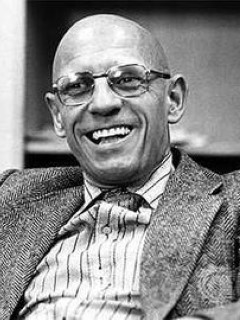
Publication details
Year: 2013
Pages: 375-392
Series: Human Studies
Full citation:
, "Heidegger and Foucault", Human Studies 36 (3), 2013, pp. 375-392.


Heidegger and Foucault
on the relation between the anxiety–engendering–truth and being-towards-freedom
pp. 375-392
in: Human Studies 36 (3), 2013.Abstract
In his very last, now famous, interview, Michel Foucault states that his philosophical thought was shaped by his reading of Heidegger, even though he does not specify what aspects of Heidegger's philosophy inspired him in the first place. However, his last interview is not the only place where Foucault refers to Heidegger as his intellectual guide. In his 1981/1982 lecture course, The Hermeneutics of the Subject, Foucault confesses that the way Heidegger conceptualized the relationship between subject and truth was a starting point for him for thinking about the relationship between truth, subject, subjective-transformation, and freedom. Accordingly, the aim of this paper is to reconstruct the Foucault-Heidegger encounter from the perspective of subject-truth relation. I will ask how Heidegger and Foucault conceptualized the relationship between truth, self-transformation, and freedom. And I will claim that for both Foucault and Heidegger, freedom lies in constantly and creatively repeating the traditional possibilities of existence in order to question the reified patterns of interpretation, and in order to reveal the anxiety–engendering–truth that what is regarded as natural and inevitable in human life is historically contingent and transformable.
Cited authors
Publication details
Year: 2013
Pages: 375-392
Series: Human Studies
Full citation:
, "Heidegger and Foucault", Human Studies 36 (3), 2013, pp. 375-392.


